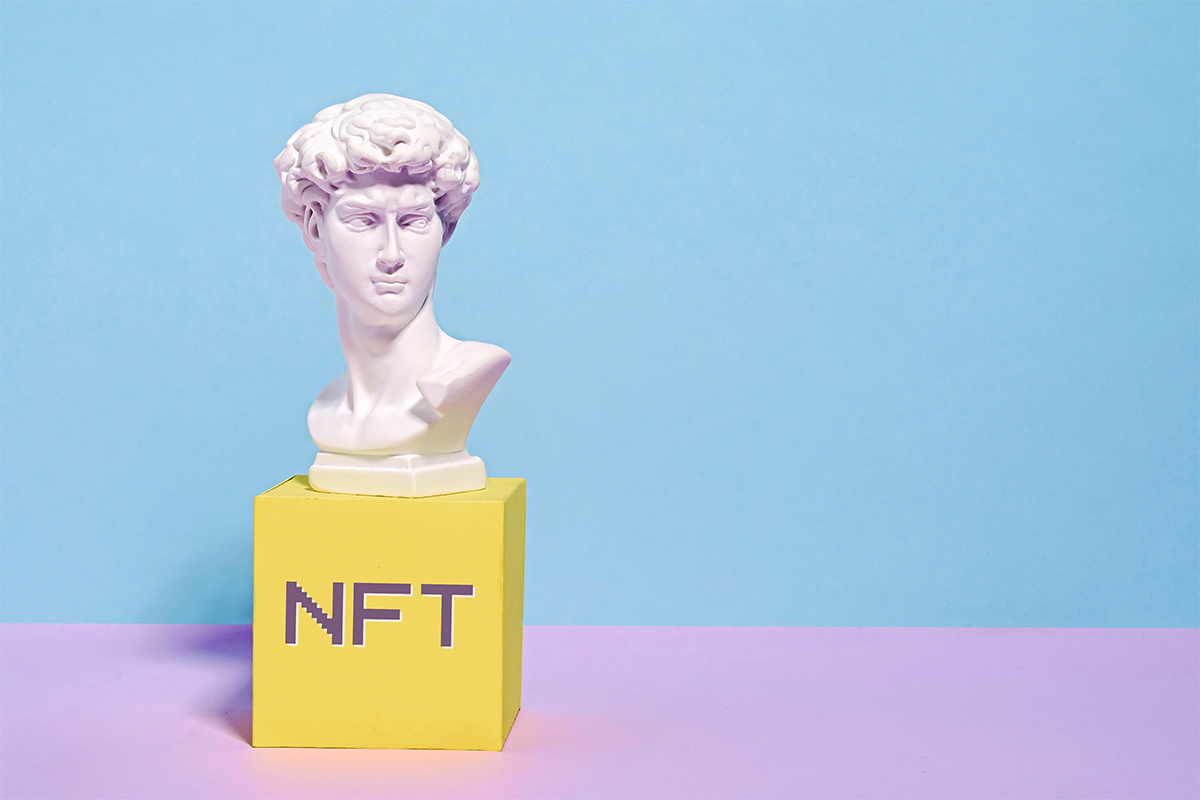
September 16, 2022
What makes NFTs so special?
Non-fungible tokens are a special kind of digital currency. Even while its code is comparable to that used to create cryptocurrencies like Bitcoin and Ethereum, this is where the similarities end.
Both fiat currency and digital currencies share the property of fungibility, making them interchangeable. Another similarity is their constant value: one dollar will always be worth another $1, and the same holds for Bitcoins. Cryptocurrency is a reliable means of transacting on the blockchain because of its fungibility.
The NFTs are unique. Because of their unique digital signatures, NFTs can never be traded for or compared to one another (hence, they are non-fungible). For instance, just because two videos are both NFTs does not make one NBA Top Shot clip equivalent to EVERYDAYS. (A clip from one NBA Top Shot episode is not equivalent to another episode from the same series.)
How are non-fungible tokens used?
By utilizing NFTs and blockchain technology, artists and content creators have a new way to make money from their work. If we take the art market as an example, artists are liberated from the traditional constraints of selling their work through galleries and auction houses. Instead, the creator can bypass the middleman and sell the work directly to the end user as a non-fungible token (NFT), so retaining a larger portion of the sale's proceeds. Artists can also set up royalties to earn a predetermined amount of money every time their work is sold. This is a great perk because artists rarely see further income after an initial sale.
How do NFTs work?
NFTs are maintained on a blockchain, a decentralized public ledger that keeps a record. Most people know about blockchain because it is the technology behind cryptocurrencies. More specifically, NFTs are commonly stored on the Ethereum blockchain; however, they are also supported by other blockchains.
The future of NFTs
NFTs could shape our digital future. Facebook CEO Mark Zuckerberg says Instagram will use NFTs. Twitter lets you change your profile image to an NFT. NFTs are also exchangeable for Facebook's Metaverse virtual land. An NFT can prove someone's virtual property ownership. NFTs have many uses. In 20 years, some expect all purchases will involve NFTs. Smart contracts may replace legal paperwork, say some. Many think NFTs are a fad or too obscure to be widely employed. Twitter, Visa Meta, and Reddit are paying much attention and working to join the NFT boom. Contact Infoempire Inc for more details.
Beginner's Guide to NFTs: What Are Non-Fungible Tokens?
A non-fungible token (NFT) is a digital asset that can take the shape of anything from a piece of artwork to a piece of music to an item in a video game to a piece of data. They are traded digitally, usually with bitcoin, and are built on the same underlying technology as several cryptocurrencies.What makes NFTs so special?
Non-fungible tokens are a special kind of digital currency. Even while its code is comparable to that used to create cryptocurrencies like Bitcoin and Ethereum, this is where the similarities end.
Both fiat currency and digital currencies share the property of fungibility, making them interchangeable. Another similarity is their constant value: one dollar will always be worth another $1, and the same holds for Bitcoins. Cryptocurrency is a reliable means of transacting on the blockchain because of its fungibility.
The NFTs are unique. Because of their unique digital signatures, NFTs can never be traded for or compared to one another (hence, they are non-fungible). For instance, just because two videos are both NFTs does not make one NBA Top Shot clip equivalent to EVERYDAYS. (A clip from one NBA Top Shot episode is not equivalent to another episode from the same series.)
How are non-fungible tokens used?
By utilizing NFTs and blockchain technology, artists and content creators have a new way to make money from their work. If we take the art market as an example, artists are liberated from the traditional constraints of selling their work through galleries and auction houses. Instead, the creator can bypass the middleman and sell the work directly to the end user as a non-fungible token (NFT), so retaining a larger portion of the sale's proceeds. Artists can also set up royalties to earn a predetermined amount of money every time their work is sold. This is a great perk because artists rarely see further income after an initial sale.
How do NFTs work?
NFTs are maintained on a blockchain, a decentralized public ledger that keeps a record. Most people know about blockchain because it is the technology behind cryptocurrencies. More specifically, NFTs are commonly stored on the Ethereum blockchain; however, they are also supported by other blockchains.
The future of NFTs
NFTs could shape our digital future. Facebook CEO Mark Zuckerberg says Instagram will use NFTs. Twitter lets you change your profile image to an NFT. NFTs are also exchangeable for Facebook's Metaverse virtual land. An NFT can prove someone's virtual property ownership. NFTs have many uses. In 20 years, some expect all purchases will involve NFTs. Smart contracts may replace legal paperwork, say some. Many think NFTs are a fad or too obscure to be widely employed. Twitter, Visa Meta, and Reddit are paying much attention and working to join the NFT boom. Contact Infoempire Inc for more details.


